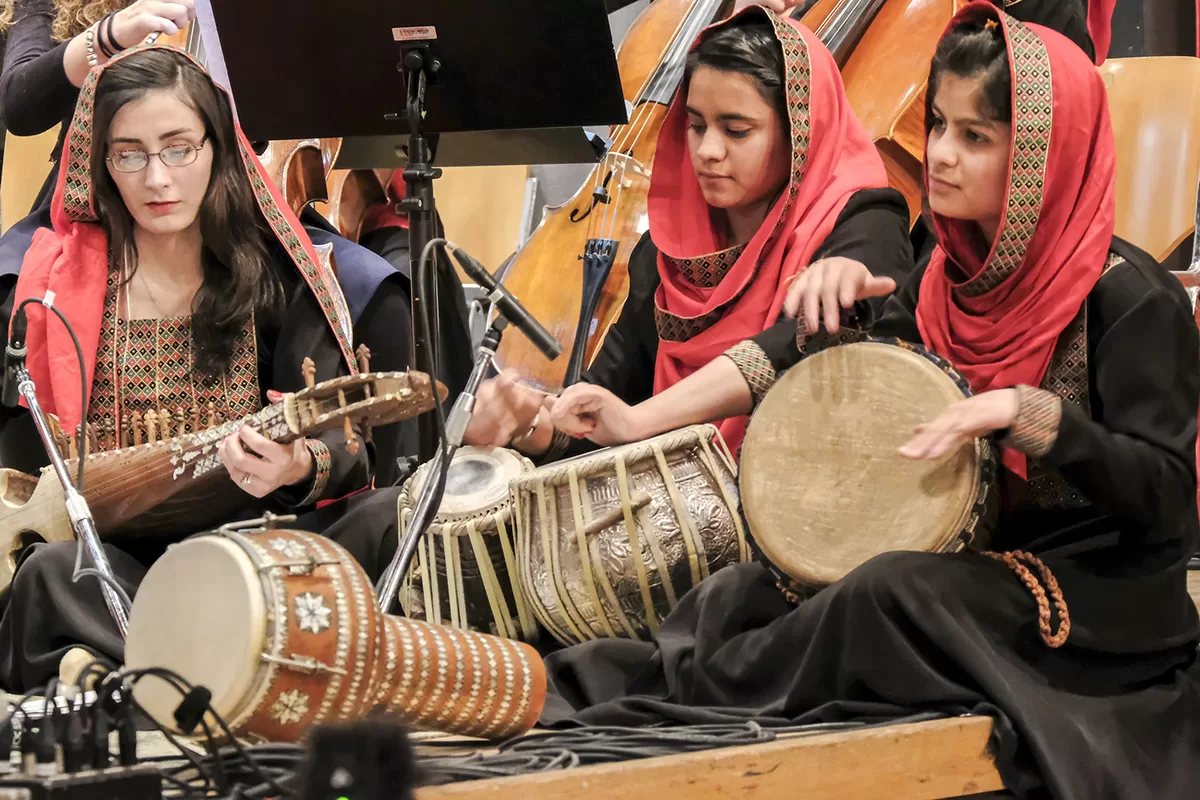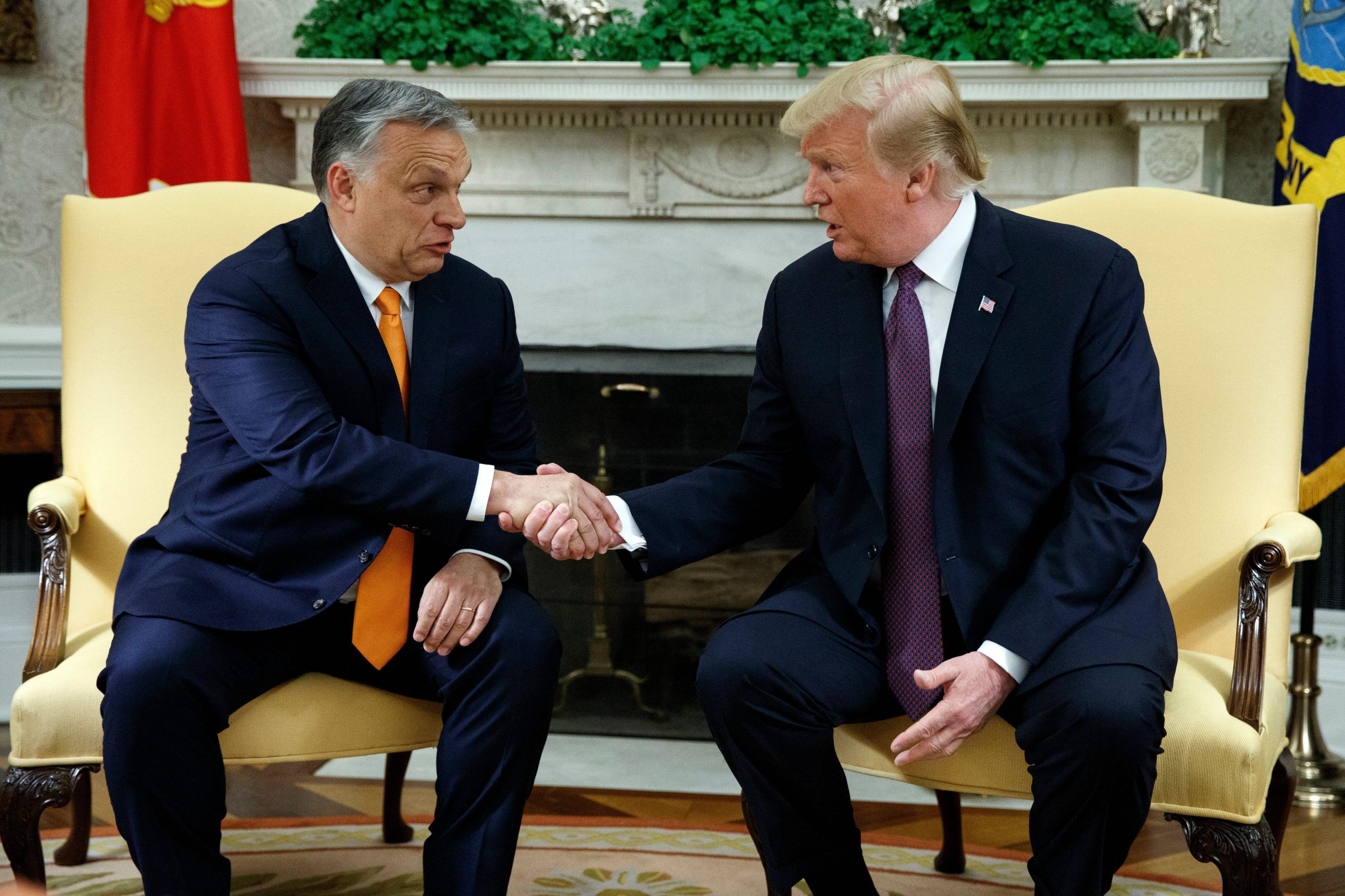Music has always occupied an important place in Afghan society, serving as a medium of expression, storytelling and a celebration of cultural identity. For decades, Afghan musicians have also played a vital role in providing solace to our war-torn nation. But the situation has completely changed since the return of the Taliban to power. Musicians are one of the most severely affected of the many sections of Afghan society by Taliban rule. A once vibrant community of artists is now facing repression. Like other art forms, the Taliban consider music un-Islamic as per their strict interpretation of Islam. The lives of musicians are endangered, their livelihoods and artistic freedom deprived.
Artists who survived and worked covertly during the previous stint of Taliban rule from 1996 to 2001 were aware of the dark future that awaited them and were haunted by old memories. When the Kabul fell on 15 August 2021 many musicians fled. Rashid Khan, one of the famous musicians based in Kabul, told us that on the second night after the fall of Kabul, he got a call from the security guard of his studio to tell him that people with guns had entered the office, broke all the instruments and set them on fire. They enquired about him before leaving and the incident terrified Khan. The next day he escaped to Pakistan with his family.
The Artistic Freedom Initiative, which helps with the resettlement of international artists who are persecuted or censored, in the past two years has received more than 3,000 requests from Afghan artists for relocation.
For those who remained the attacks started immediately and grew and grew. Just a couple of days into the Taliban’s regime they brutally killed a famous folklore singer. On 27 August 2021, Fawad Andarabi was murdered at home.
Restrictions were put in place surrounding live performances, public gatherings and entertainment venues. The music industry came to a halt. Many had to retrain, if they could. One of those is a singer named Abdul Qadir, who has started working as a motorcycle mechanic.
The ministry of vice and virtue banned music on the national broadcasting network. All entertainment channels on television and radio were no longer allowed to play any music. Today they are only allowed to play the Naghmas/Taranas (patriotic and nationalist songs) of the Taliban, which are “songs” with slogans and without any actual music. They’re designed to promote the ideology of the Taliban, glorify the leaders of the Taliban and romanticise their achievements.
The Afghanistan National Institute of Music was closed. The centre’s director, Ahmed Sarmast, says we are witnessing the end of great musical heritage and we agree.
Once a famous spot for music and entertainment in Kabul, Sar e chowk has now been turned into a regular market with no sign or remnants of music anywhere. The market used to be full of shops selling musical instruments. It had small studios where artists, musicians and singers would gather to make songs, create music and entertain people. That is now all gone and instead people sell fruit and vegetables.
In attempts to completely eradicate music from society, it is even banned during weddings. What happens to those who ignore the ban? In October 2021 people with guns entered a wedding ceremony in Nangahar where music was playing. They tried to break the loud speaker. When guests resisted, the armed people fired at them, killing two and injuring 10.
In a recent attack the Taliban confiscated musical instruments in the west province of Herat on 30 July 2023 and set them on fire.
These are just some examples in an endless list.
In these testing times, the international community must not forget Afghan musicians and artists. While providing humanitarian aid and evacuation to all vulnerable populations, there is a dire need to extend support to the artistic community as well. Collaborative efforts with international arts organisations, cultural exchanges and virtual platforms can offer a lifeline to Afghan musicians, allowing them to continue their craft and share their talent with the world.





